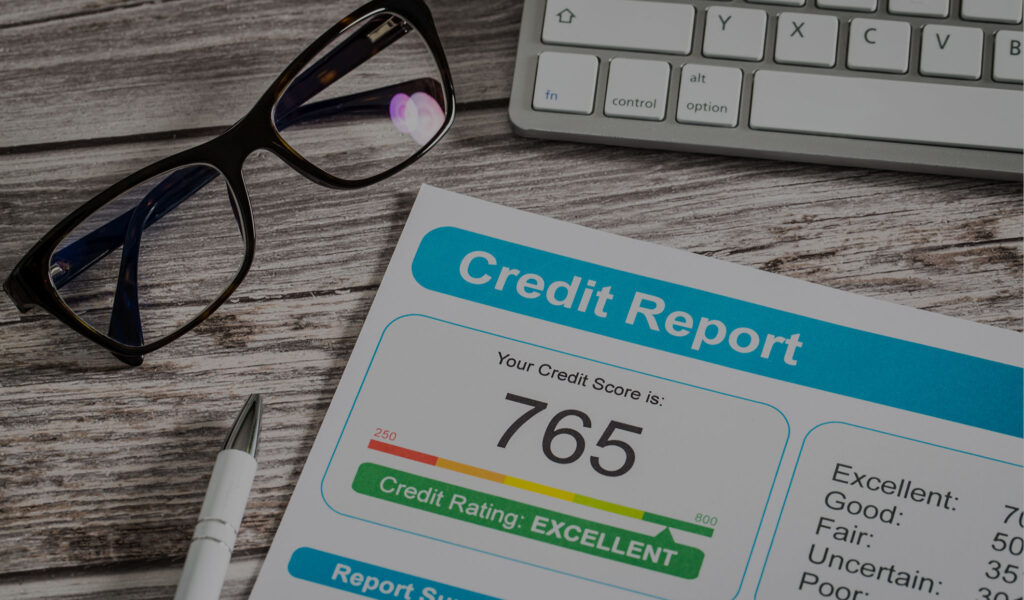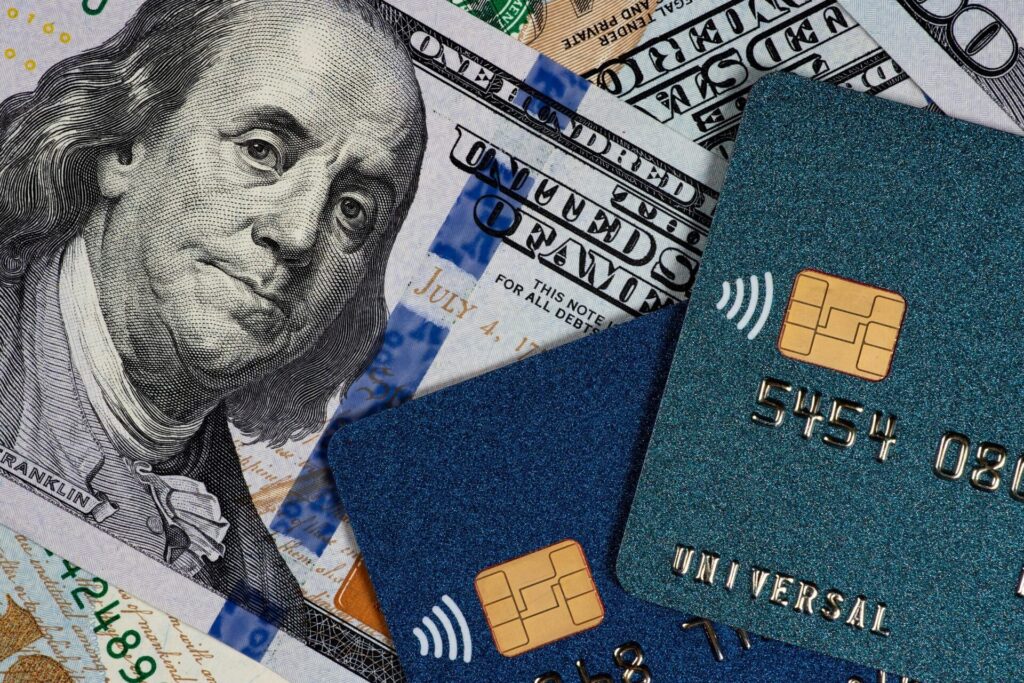May 28th, 2019
So maybe you recently checked your credit score and saw it was 650. At the time, you thought, “Oh, 650 is a good credit score!” That is, until you checked online, only to find that it wasn’t as good as you originally thought. Although your new goal becomes to have a ‘good’ score, you soon question how to raise your credit score by 200 points, let alone, 100 points. To be honest, you’re not even sure how your score was calculated to begin with…
Lucky for you, you’re not alone. In a recent survey, it was found that “4 in 10 Americans state that they ‘have no idea’ how credit scores work.” To give you a quick refresher about credit scores, it’s important to know how they are determined.

There are 6 main factors that contribute to calculating your credit score.
These factors include your public information, payment history, credit usage rate, length of credit history, total debt and credit, and recent (credit card or loan) applications.
Numerically, credit scores range from 350 to 850. Fair credit scores are considered to be between 600-660. Now let’s go back to your question, “is 650 is a good credit score?” While this falls within the range of a ‘fair credit score,’ scores of 670+ are seen as ‘good credit scores.’ Regardless of the score you have, we have a few tips that can help you reach your goal to raise your credit score by 200 points or more!

For those of you who currently reading this who are Brigit members, you might be surprised to see us giving advice about credit scores when we don’t require yours as part of our sign-up process. Although we don’t ask for this information, we do know that credit scores are still important, and nevertheless, we’d still like to help those of you who are looking for ways to boost your score.
To raise your credit score, start with these 5 tips:
1. Deal with overdue bills
Everything else you do to improve your credit score won’t help much if you are still missing payments, especially if your bill is more than 90 days past due. Payment history is the biggest contributor to your credit score. If you can, try to call up your creditors. They might remove some of the bad marks from your credit history, but either way, the most important thing you can do to raise your credit score is to get up to date on all of your accounts.
2. Stay well under your credit limit
The National Foundation for Credit Counselling recommends trying to keep your balance at about one-third of the spending limit. The more available credit you have the higher your credit score will be.
3. If you can, open your first credit card
Credit cards can be scary, we know! However, if you can get one, it can do a lot for your credit score. You don’t even have to use it! Just keep it locked in you desk while it helps you build your credit score.
4. Check your credit report for errors
The credit scoring agencies make mistakes all the time! The FTC found 5% of people have significant errors on the credit reports. Equifax, Experian, and TransUnion are all required to give you one free credit report a year. You can go to AnnualCreditReport.com to request a report and check it for mistakes. Look out for payments marked as late that you actually paid on time and negative issues on your credit report that are more than 7 years old.
If you see an error on your credit report there is no easy fix. You have to contact the credit bureaus to remove it or hire a service. Money.com has an in depth article on how to remove inaccurate items.
5. Be patient
Unfortunately, it can take a while for your credit score to improve drastically, and to raise your credit score by 200 points will take time. If your credit score isn’t improving right away, don’t beat yourself up. Be patient.










